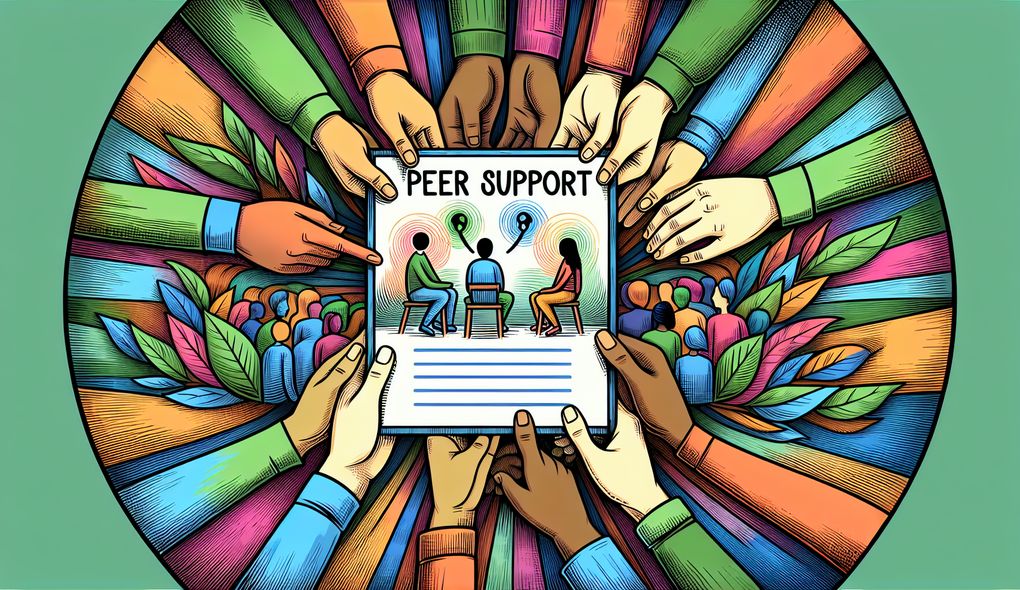What strategies do you use to manage your own self-care while supporting others in their recovery?
INTERMEDIATE LEVEL

Sample answer to the question:
One strategy I use to manage my own self-care while supporting others in their recovery is to set clear boundaries. I make sure to carve out time for myself every day, whether it's taking a walk, reading a book, or practicing mindfulness. Additionally, I prioritize self-reflection and seek supervision or peer support to process any challenging situations or emotions that may arise. By taking care of my own well-being, I can better support others in their journey to recovery.
Here is a more solid answer:
To effectively manage my own self-care while supporting others in their recovery, I utilize various strategies. Firstly, I prioritize self-care practices that promote physical, emotional, and mental well-being. This includes engaging in regular exercise, maintaining a healthy diet, and getting enough sleep. I also practice mindfulness and meditation to stay grounded and reduce stress. In terms of boundary setting, I establish clear guidelines for my availability and communicate them to the individuals I support. This allows me to have dedicated time for self-care and prevent burnout. Additionally, I make use of supervision and peer support to discuss any challenges or difficult emotions that arise during my work. By seeking guidance and processing my experiences, I can better manage my own emotional well-being and provide effective support to others.
Why is this a more solid answer?
The solid answer expands on the basic answer by providing specific strategies for self-care practices, boundary setting, and emotional well-being. It also mentions the use of supervision and peer support for processing emotions. However, it could benefit from providing more details and examples of how these strategies have been implemented in the past.
An example of a exceptional answer:
Managing my own self-care while supporting others in their recovery is a priority for me, and I have developed comprehensive strategies to ensure holistic well-being. In terms of self-care practices, I engage in activities that bring me joy and relaxation, such as painting and playing music. I also prioritize establishing a healthy work-life balance by setting boundaries around my availability and taking regular breaks throughout the day. To enhance my emotional well-being, I actively engage in self-reflection and journaling. This helps me process any challenging situations or feelings that may arise and allows me to approach my work with a clear and compassionate mindset. Additionally, I have proactively sought out supervision and peer support to cultivate a supportive network and gain perspective on my experiences. By consistently implementing these strategies, I am able to maintain my own well-being while effectively supporting others in their recovery.
Why is this an exceptional answer?
The exceptional answer goes beyond the solid answer by providing detailed and specific strategies for self-care practices, boundary setting, and emotional well-being. It includes examples of activities and approaches that the candidate has personally used. The answer also highlights the proactive seeking of supervision and peer support, demonstrating a commitment to growth and learning. Overall, the exceptional answer is comprehensive and showcases the candidate's dedication to their own well-being and supporting others.
How to prepare for this question:
- Reflect on your own self-care practices and identify strategies that have been effective for you.
- Think about how you can set clear boundaries in your work to ensure time for self-care.
- Consider seeking supervision or peer support to discuss challenging situations and emotions that may arise.
- Be prepared to provide specific examples of self-care activities and how they have contributed to your well-being.
What are interviewers evaluating with this question?
- Self-care practices
- Boundary setting
- Emotional well-being

